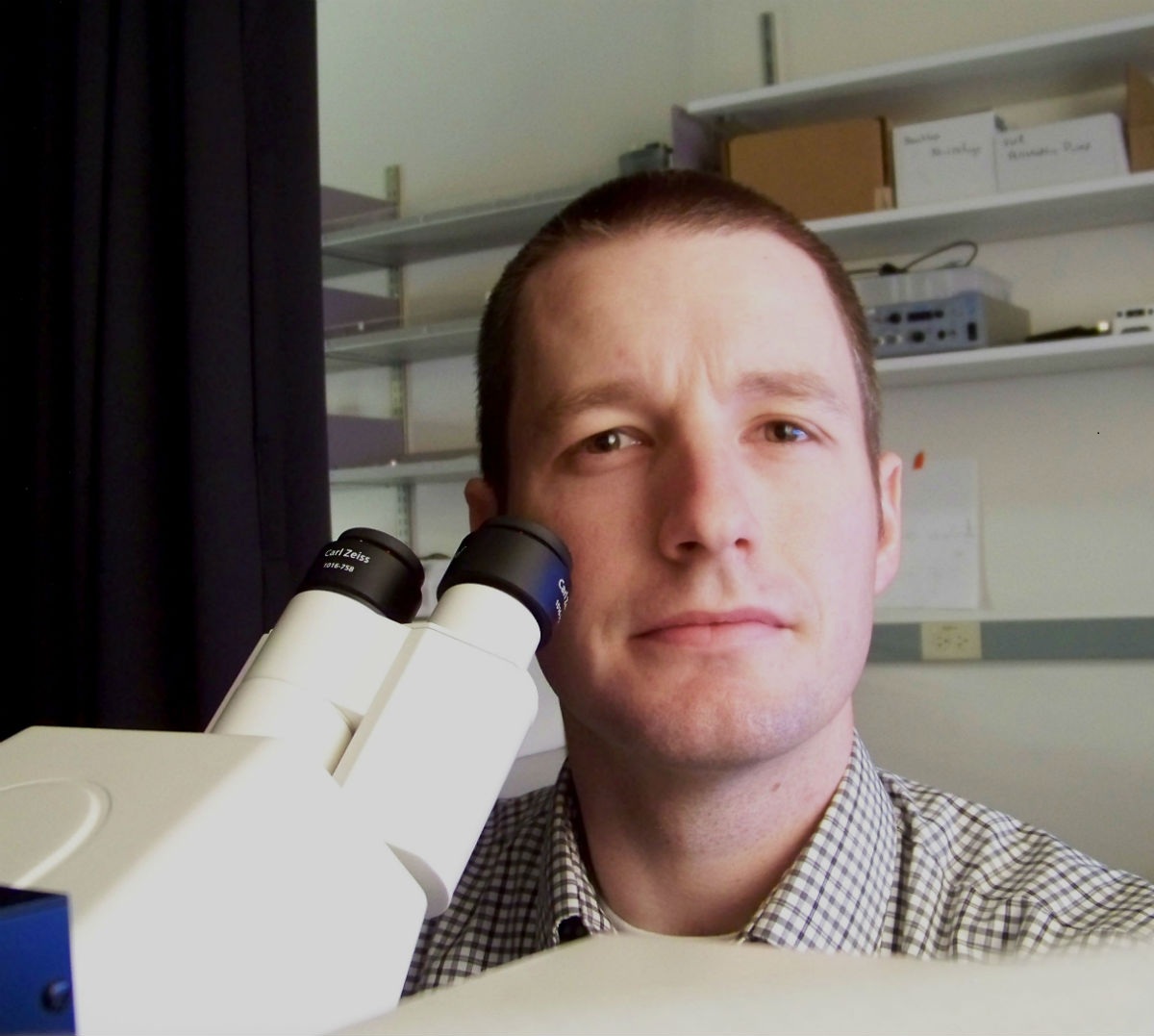Brain's Cleaning System Fails with Age, May Set Stage for Alzheimer’s Disease
Elisheva Schlam
Executive Director of Communications
646-565-6420
elisheva.schlam@touro.edu

Aging may make it tougher for our brains to “take out the trash,” according to new research being presented here today.
Jeffrey Iliff, PhD, who helped discover how our brains flush out toxic waste as we sleep, will discuss his recent findings at Touro College Research Day. Organized by the Touro Research Collaborative, the event runs from 11:30 a.m. to 5 p.m. on Tuesday, April 28, at the Touro College of Osteopathic Medicine and the Touro College of Pharmacy campus at 230 West 125th Street in Harlem.
Dr. Iliff recently published research showing that the brain’s cleaning system is impaired in the aging brain, slowing the removal of harmful brain wastes. His findings could point the way toward strategies for treating—and possibly preventing—neurodegenerative diseases like Alzheimer's.
While at the University of Rochester Medical Center, Dr. Iliff was part of the team that discovered this cleaning system, which kicks into action at night to wash out wastes that have accumulated in the brain during the day, including the Alzheimer's-linked protein amyloid beta. Dr. Iliff and his colleagues dubbed this brain-washing mechanism the “glymphatic system,” because it works the way the lymphatic system does elsewhere in the body, but through brain cells called glia, rather than lymph nodes.
Now at Oregon Health & Science University, Dr. Iliff is an Assistant Professor in the Department of Anesthesiology and Perioperative Medicine and director of the Vascular Physiology and Imaging Lab at the Knight Cardiovascular Institute. He's investigating how the glymphatic system breaks down in the aging brain, and whether this makes the brain more vulnerable to the buildup of harmful proteins that is seen in neurodegenerative diseases like Alzheimer’s.
In mice, at least, the hypothesis has proved true. Dr. Iliff found that glymphatic system function dramatically slowed as the animals got older, and that amyloid beta was cleared more slowly. By looking at brain tissue from people with and without Alzheimer's, he's also found evidence that similar changes occur in the aging human brain.
These findings raise the possibility that new treatments could be developed to preserve or restore glymphatic system function, perhaps helping to stave off Alzheimer's and other neurodegenerative diseases.
For now, Dr. Iliff's research provides yet another reason to get a good night's sleep—so your glymphatic system can do its job. “What your sleep hygiene and habits are like now may influence your risk profile for neurodegeneration later in life,” he said.
The Touro Research Collaborative, a dedicated group of faculty who pursue research in the medical and health sciences, founded the Research Day—now in its fourth year—to foster collaborations among faculty and students.

